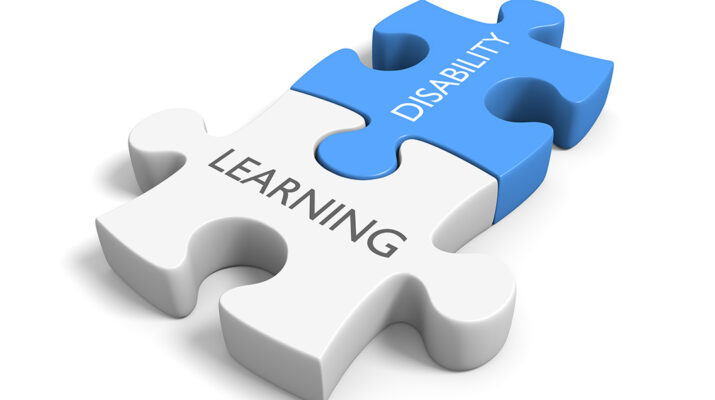They’re more common than you may think
By Deborah Jeanne Sergeant
 Learning disabilities are lifelong issues that affect one’s capability to learn.
Learning disabilities are lifelong issues that affect one’s capability to learn.
According to the Centers for Disease Control and Prevention, dyslexia (10% -15%), ADHD (5% – 10%), dysgraphia (3% – 7%) and dyscalculia (3% – 7%) are the most common learning disabilities.
These and other learning disabilities, in addition to other general, physical disabilities like vision and hearing impairment, all directly impact a child’s ability to learn and perform at school.
Jenny Hutkowski, director of family and youth education at Starbridge that serves upstate New York, said that in very young children, it can be difficult at times for an assessment to give an accurate diagnosis.
“It might be a developmental delay,” she said.
The child may “catch up” to peers or show more progress once the child achieves greater maturity.
But eventually, a slow starter is easier to spot from a child with a learning disability who continues to struggle. A child with dyscalculia may excel at reading but continue spend an inordinate amount of time studying to grasp basic math concepts. It’s not a matter of disinterest or laziness but a lack of comprehension that makes understanding take much longer than other students. The student may also possess a much lower threshold for the highest level of math that’s achievable. For example, many students find high school math challenging, but most students with dyscalculia cannot ever pass classes like trigonometry, despite tutoring and excessive time studying.
Hutkowski recommends that parents work with an agency such as hers to connect with resources in the school and in the community that can help students receive the academic support they need.
“When they come here and they’re brand new and they’re struggling in school,” she said. “What we typically do is suggest they meet with the teacher. Sometimes, the teacher has made a request for a meeting. You’re going to want to ask for data. What are you seeing at school? If you think there’s a disability, there’s a special education screening you go through and learn what the issue is. You go to a meeting and create a plan.”
Some children have struggled so long that they have developed sophisticated coping strategies that mask their learning disabilities. Hutkowski said that in those cases, not enough data may show up on screening tests to “prove” they have a learning disability so they can obtain the resources and support they need.
Once parents receive a diagnosis for their children, Starbridge can help them through the special education process, which may include the school developing an individualized education program. The IEP is a custom plan for a student with a disability that establishes what goals, supports and services that will help the student succeed. Children may also receive help through a 504 plan. This differs from the IEP in that the 504 is more like a general accommodation — not necessarily a written document — that removes barriers to education so that children with a disability can learn alongside their peers. A 504 could include assistive technology, services and changes in the information the student is expected to retain.
Part of what Starbridge does is help parents navigate their own frustration.
“We are not counselors, but sometimes it feels like we’re providing that kind of help,” Hutkowski said. “We take them technically through the process and we say, ‘We hear you and understand but you’ll be working with the school district for up to 13 years.’”
It’s not a great time to burn bridges, even though parents may feel aggravated that the school district does not listen to their concerns.
“It’s really hard but one of our advocates said if you’d stand in front a bus for your child, you can go in there and be nice and partner with the school,” Hutkowski said. “It’s hard because they’re frustrated.”
Starbridge’s staff is comprised of peer advocates and the organization is federally funded by the Department of Education but possesses no authority to influence school decisions.
Any parent worried their child may have a learning disability should take steps to have their concerns addressed.
“If a parent thinks their child may have dyslexia, ask the school or the child’s physician about a formal evaluation or a psychologist referral,” said Julie Colvin, family medicine physician at St. Joseph’s Health and chief school physician for Fayetteville-Manlius Schools.

